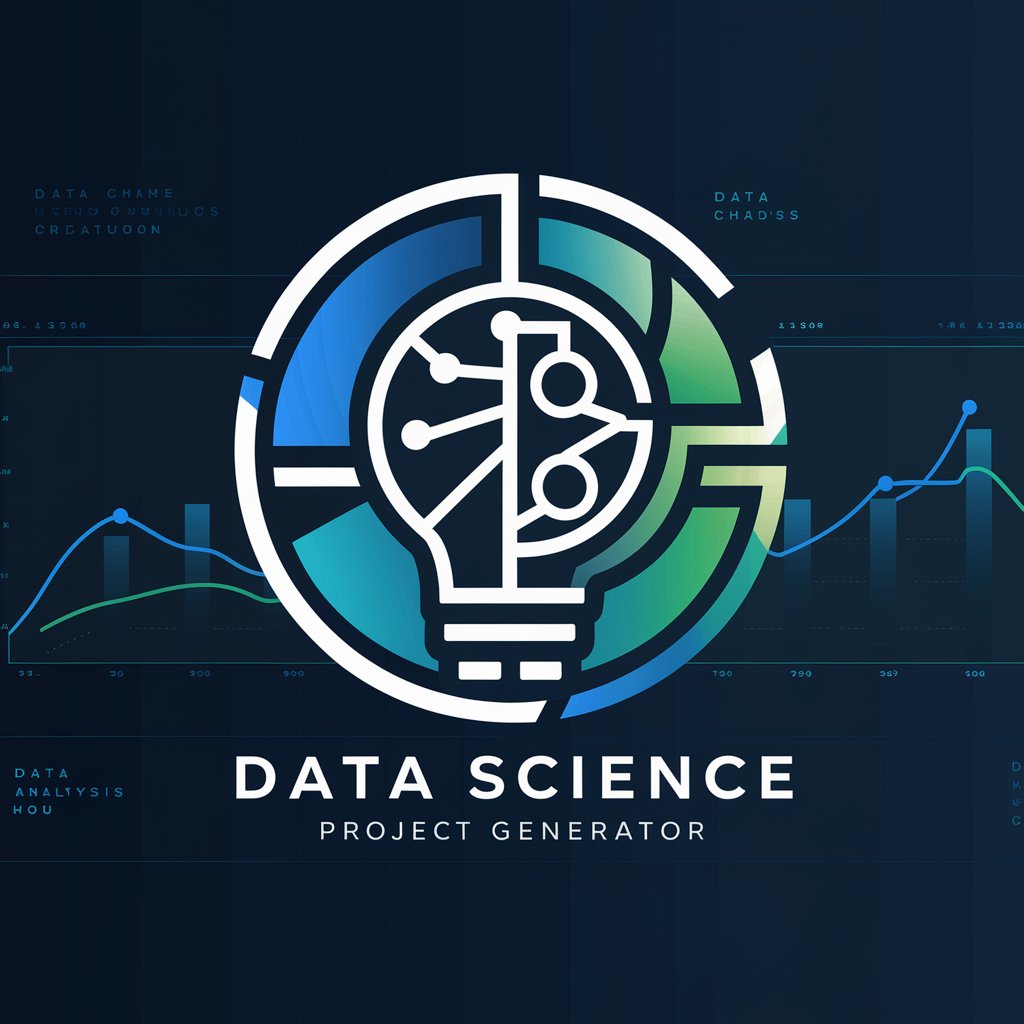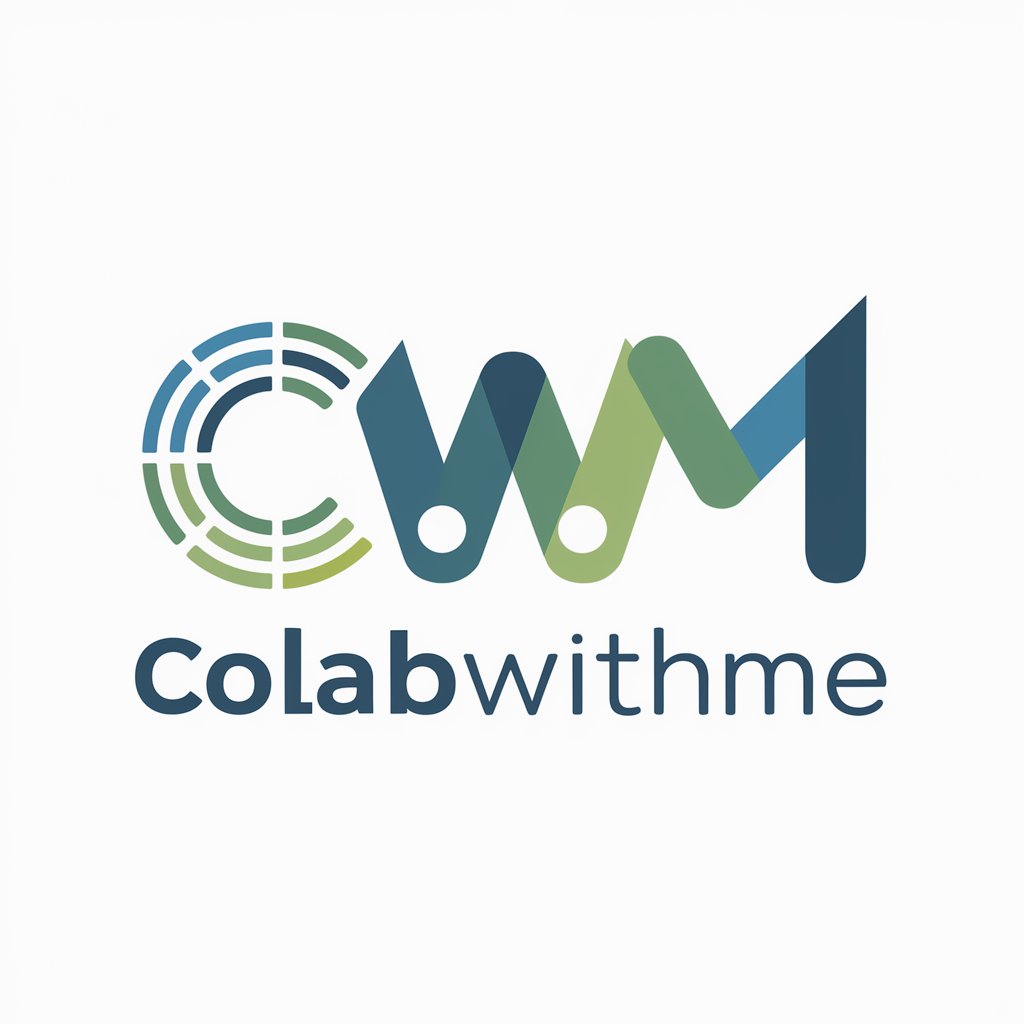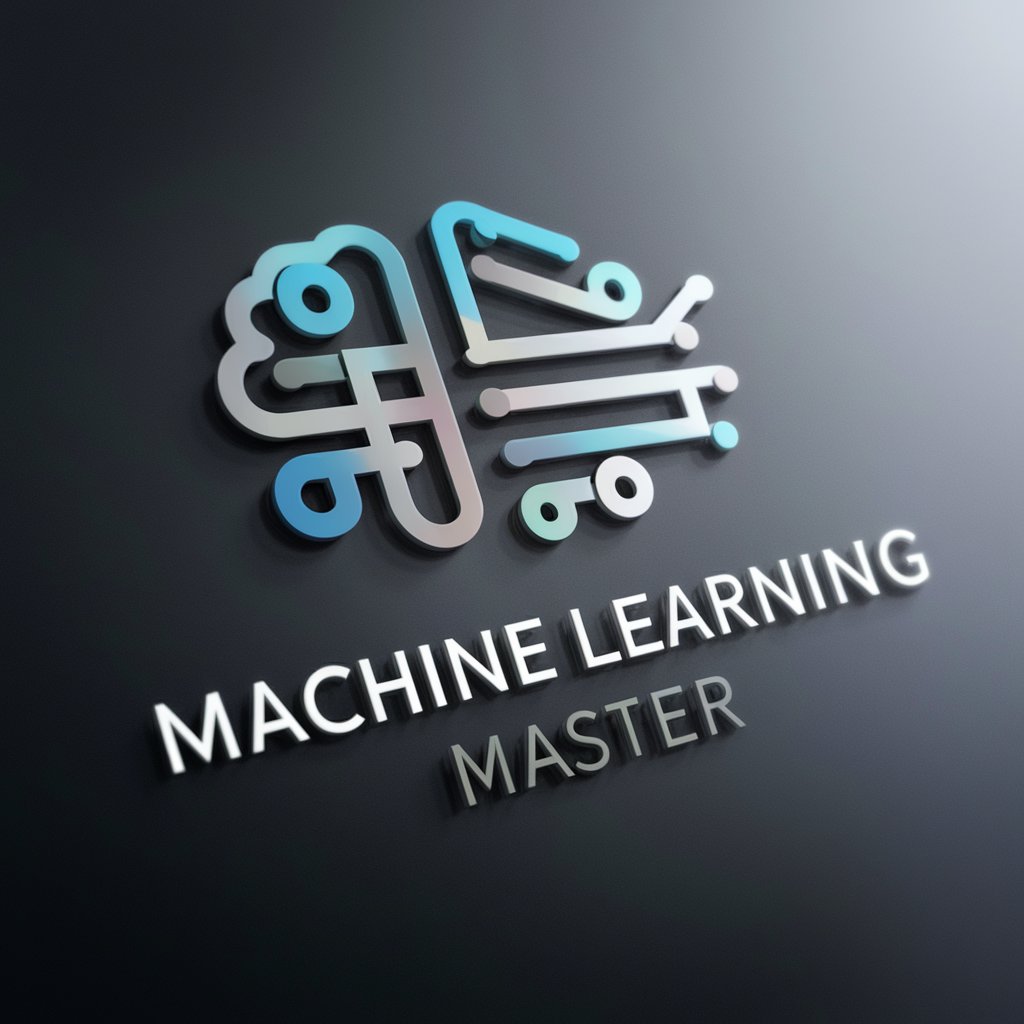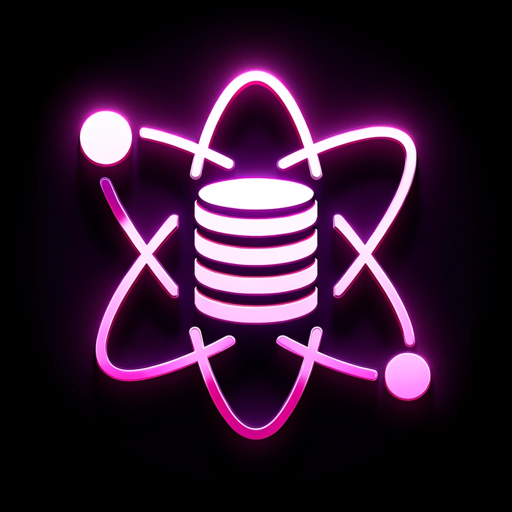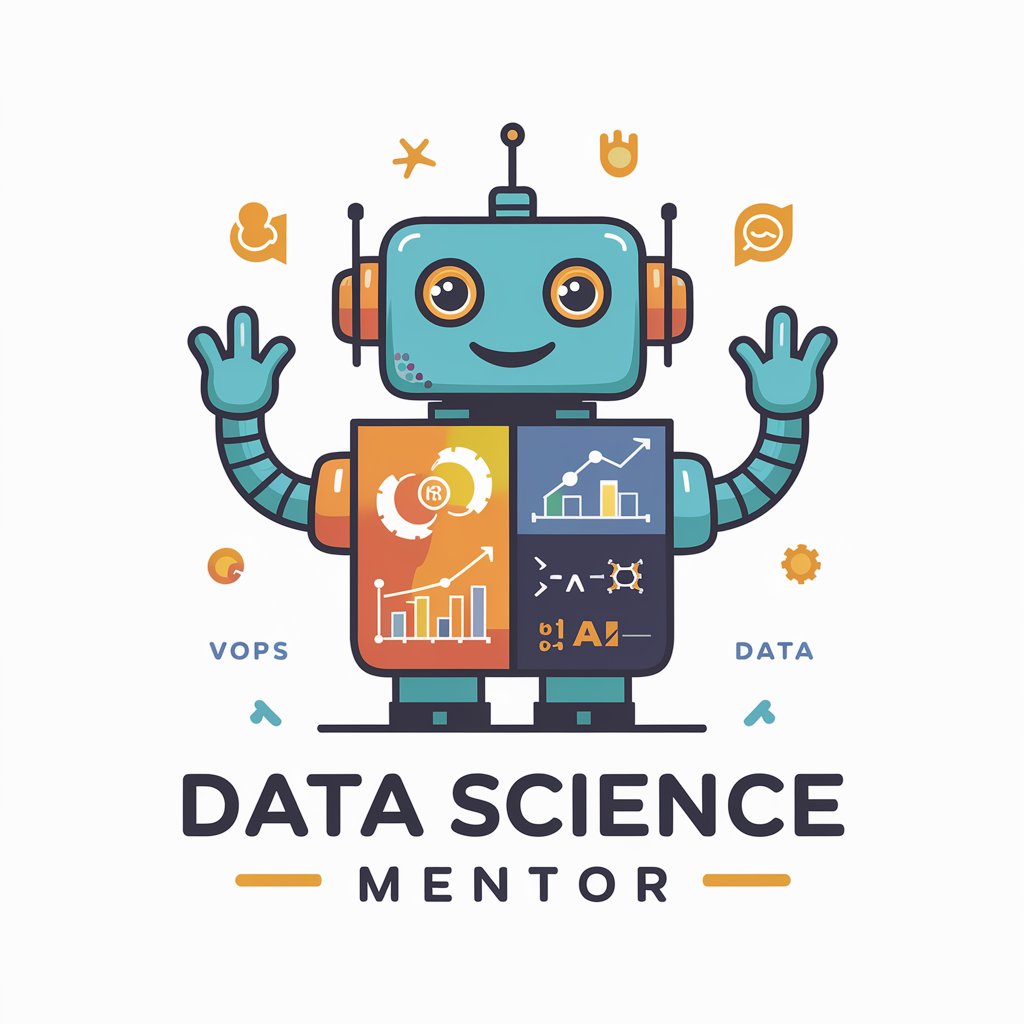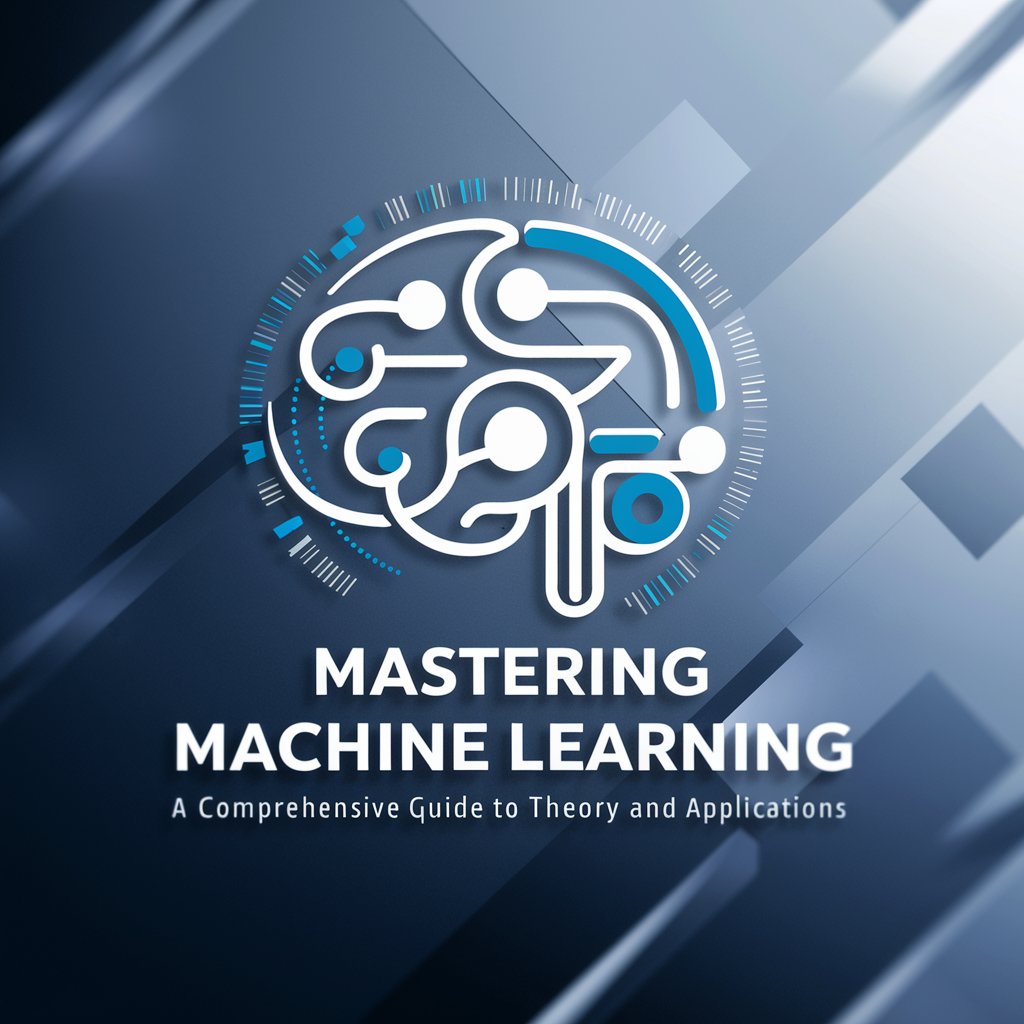
Data Science & ML Project Guide - Tailored Data Science Insight
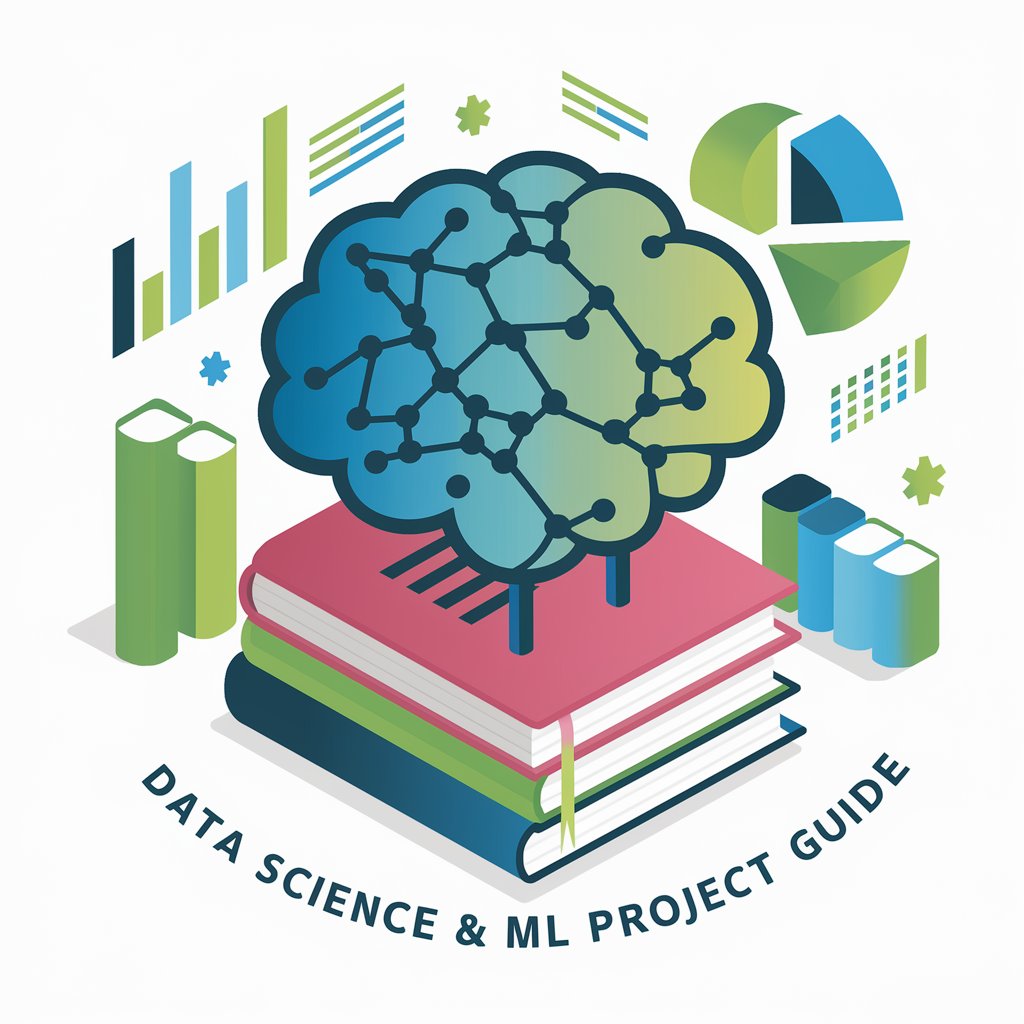
Hello! Ready to dive into data science and machine learning?
Your AI-Powered Data Science Mentor
Explain the concept of
How do I implement
What are the best practices for
Can you provide an example of
Get Embed Code
Overview of Data Science & ML Project Guide
The Data Science & ML Project Guide is a specialized AI tool designed to assist learners and practitioners in navigating the complex landscape of data science and machine learning (ML) projects. It's equipped to offer comprehensive guidance throughout various stages of a project, from the conceptualization and data collection to the intricate processes of analysis and model building. The Guide is tailored to cater to a wide range of users, adjusting the complexity of explanations and advice based on the user's proficiency level. Beginners receive clear, jargon-free instructions, while advanced users can delve into nuanced discussions of complex concepts. The Guide emphasizes hands-on learning and practical application, steering users towards the most suitable tools and resources. Powered by ChatGPT-4o。

Core Functions of Data Science & ML Project Guide
Conceptualization Support
Example
Assisting in formulating a hypothesis for a new research study on predicting stock market trends using natural language processing on news articles.
Scenario
A user is interested in exploring the stock market's response to news articles. The Guide helps in defining the scope of the project, identifying the data sources, and outlining potential methodologies for sentiment analysis and predictive modeling.
Data Collection and Preprocessing Guidance
Example
Guiding through the process of collecting, cleaning, and preparing a dataset of tweets for sentiment analysis.
Scenario
The user wants to analyze public sentiment on certain topics based on Twitter data. The Guide offers step-by-step assistance in data collection via APIs, data cleaning, handling missing values, and text preprocessing techniques like tokenization or stop-word removal.
Exploratory Data Analysis (EDA) Insights
Example
Advising on performing EDA on a healthcare dataset to identify trends and patterns before building a predictive model for patient readmission.
Scenario
A user has a dataset of patient records and wishes to predict readmission rates. The Guide suggests EDA methods to uncover underlying patterns, identify anomalies, and understand feature relationships, using visualizations and statistical techniques.
Model Building and Evaluation Strategies
Example
Offering a detailed comparison between different ML models for a credit scoring system and guiding on model evaluation metrics.
Scenario
A user is developing a credit scoring algorithm. The Guide helps in selecting appropriate ML models (like decision trees, random forests, or neural networks), tuning hyperparameters, and choosing the right evaluation metrics (like accuracy, precision, recall, or AUC-ROC) to validate the model's performance.
Deployment and Maintenance Tips
Example
Providing insights into deploying a trained ML model for a recommendation system in a production environment and ensuring its continuous improvement.
Scenario
After building a recommendation system, the user needs to deploy it for real-time use. The Guide explains model deployment options (like cloud services or on-premises servers), setting up a monitoring system for performance tracking, and strategies for regular model updates based on new data.
Ideal Users of Data Science & ML Project Guide
Beginner Data Science Enthusiasts
Individuals new to data science or ML, seeking to understand basic concepts, terminologies, and foundational methodologies. The Guide provides a gentle introduction, ensuring users grasp the fundamental principles before progressing to more complex topics.
Intermediate Practitioners
Users with some experience in data science or ML, looking to deepen their understanding, refine their skills, or explore new techniques. The Guide offers in-depth explanations, practical examples, and guidance on advanced topics tailored to their existing knowledge base.
Industry Professionals
Experts requiring assistance with specific, high-level challenges in their projects. Whether it's selecting the most effective model, optimizing performance, or deploying solutions, the Guide provides nuanced, state-of-the-art advice and keeps users updated with the latest trends and best practices in the field.

Guidelines for Using Data Science & ML Project Guide
1
Visit yeschat.ai for a free trial without the need for login or ChatGPT Plus.
2
Identify your skill level in data science and machine learning, ranging from beginner to advanced, to receive tailored guidance.
3
Select a specific aspect of data science you wish to explore, such as data collection, analysis, or model building, for focused assistance.
4
Use the provided resources and tools to apply concepts in real-world scenarios, enhancing practical understanding.
5
Regularly interact with the guide to clarify doubts, explore alternative methods, and receive updates on the latest trends and techniques in the field.
Try other advanced and practical GPTs
Music Mate
Empowering Artists with AI-Driven Music Rights Knowledge

Godot 4 Guru
Empowering your game development journey with AI-powered Godot 4 guidance.
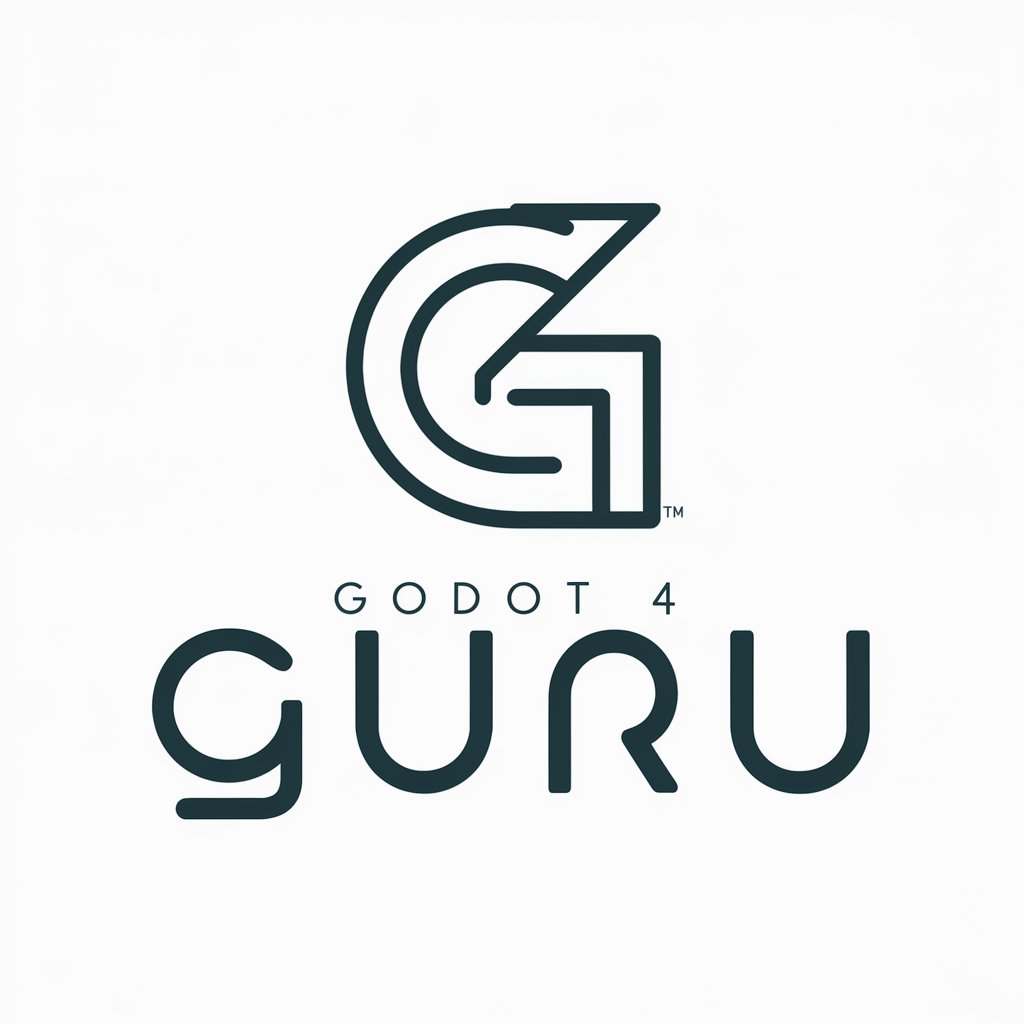
Guest Post Sites Generator
Streamline Your Guest Posting with AI

MU
Unlock Crypto, Trust Blockchain
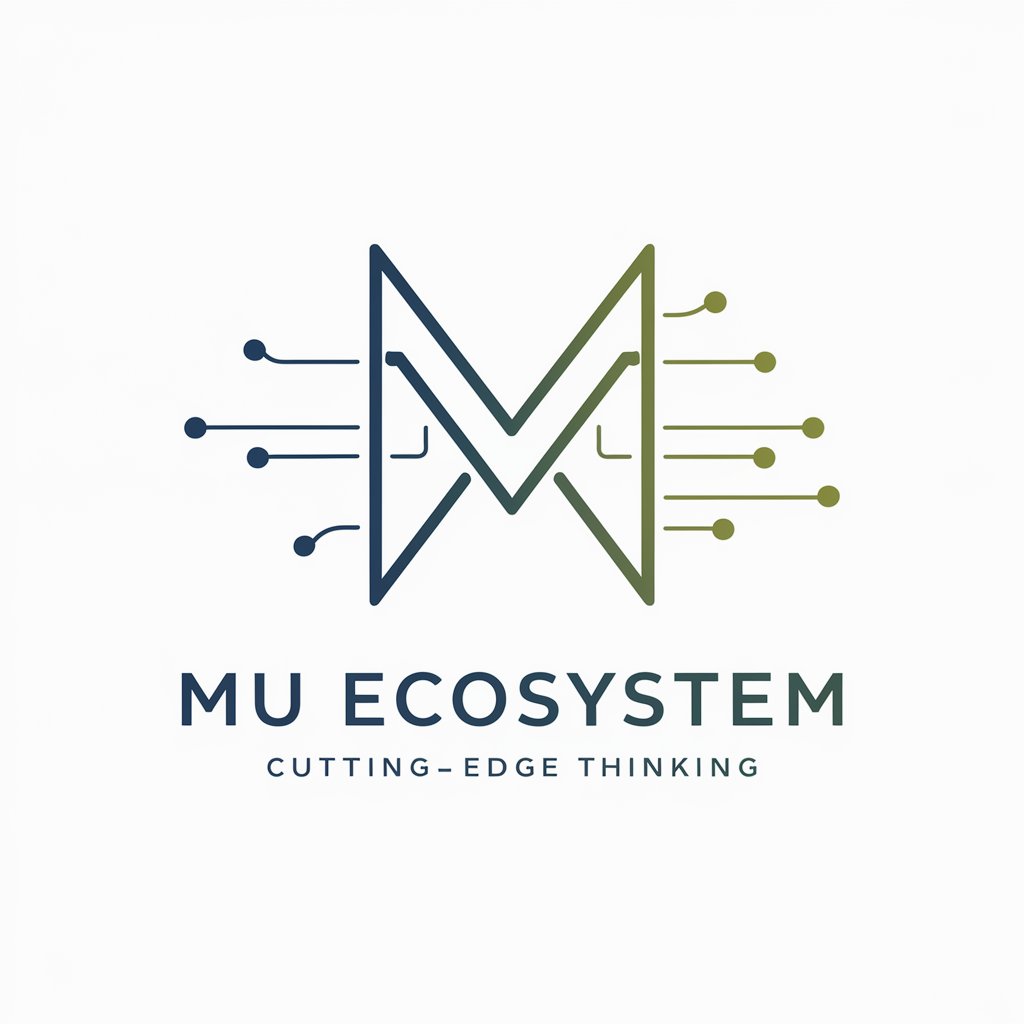
Comedy Bot
Tailoring Laughter with AI-Powered Humor
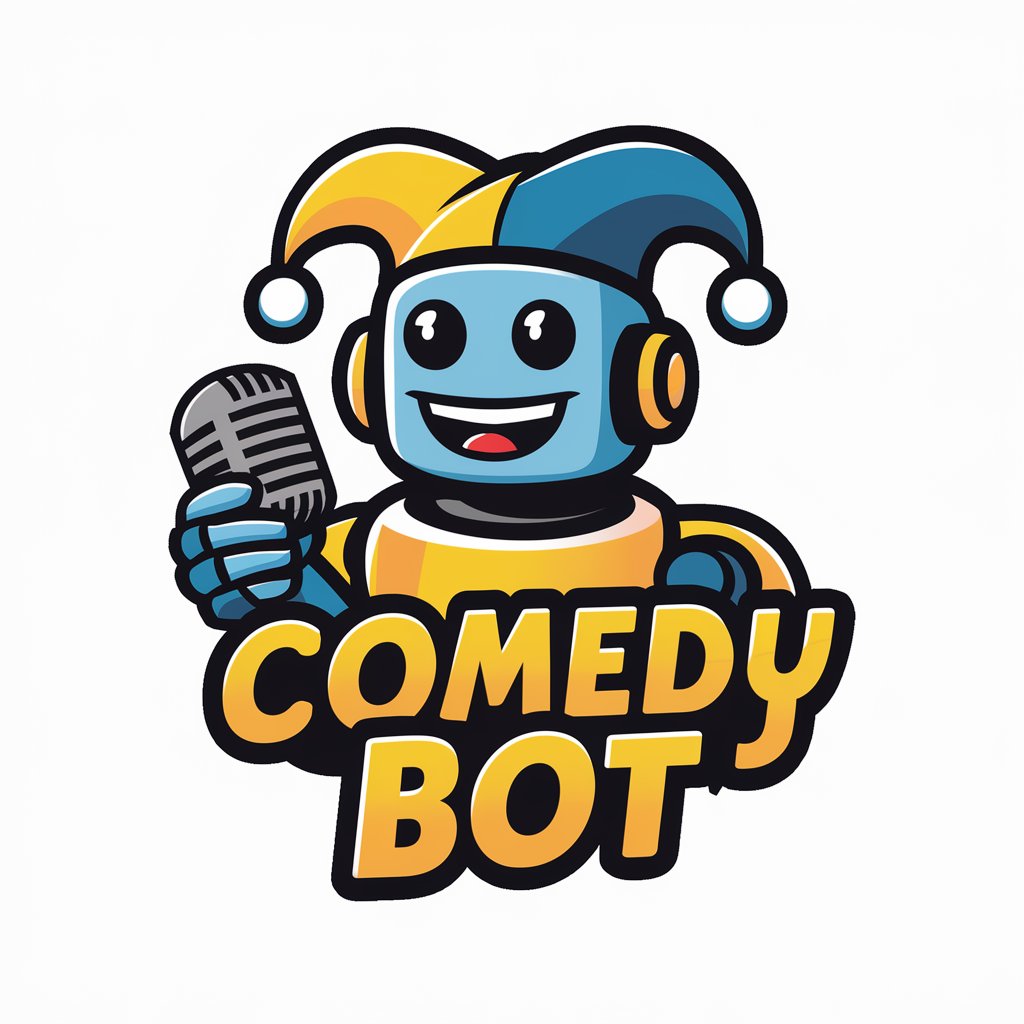
Vegetarian Chef
AI-Powered Vegetarian Cooking Assistant

Date Idea Buddy
Inspiring memorable moments, powered by AI.

Islamic Guide | Sudan Zola
Empowering Islamic Knowledge through AI
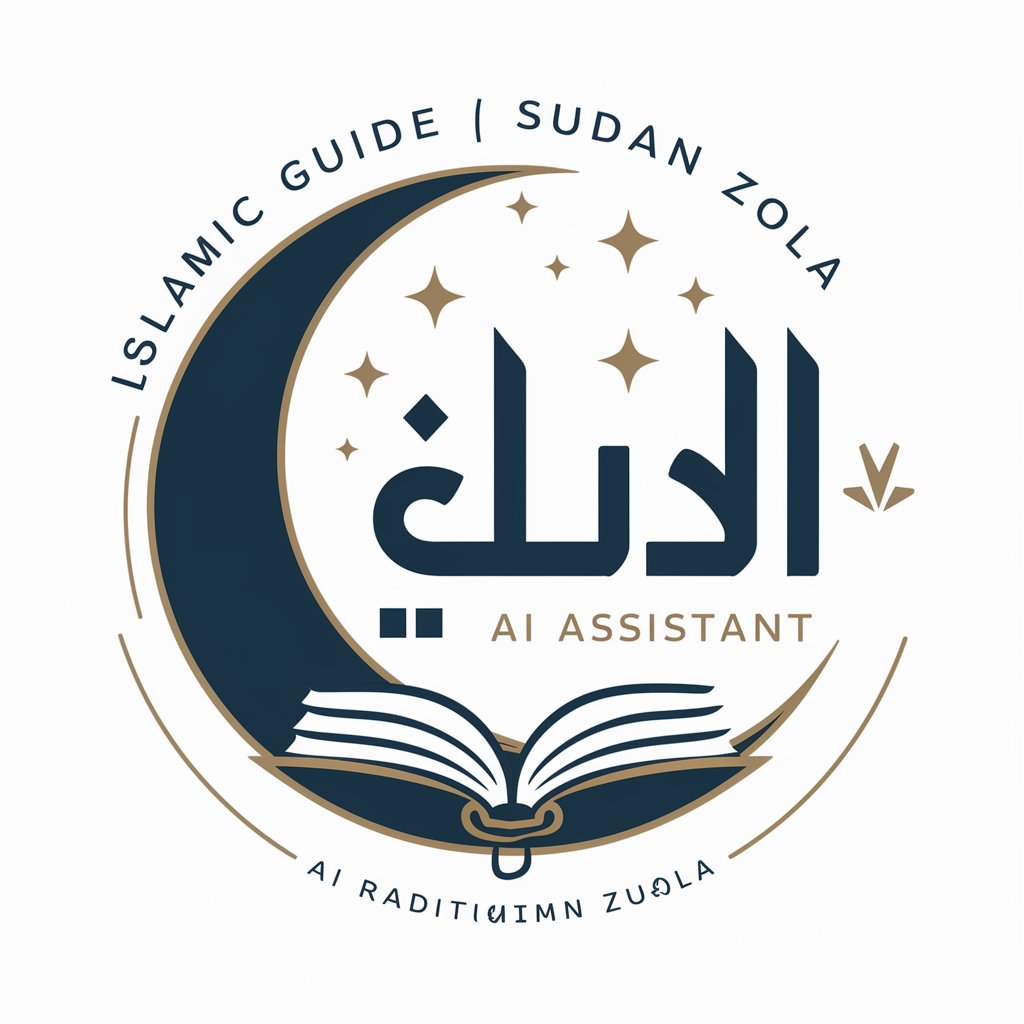
Artful Dodger
Exploring art history with AI-powered guidance

Dumpster Raccoon Tarot
Unveil your fate with AI-powered raccoon wisdom.

Dieta Saludable
Empowering healthy eating with AI.

Juliet
Timeless insights on love, powered by AI

FAQs about Data Science & ML Project Guide
What kind of guidance does the Data Science & ML Project Guide offer for beginners?
For beginners, the guide offers jargon-free explanations, basic concepts of data science, and step-by-step guidance on starting with data projects.
Can the guide assist with complex machine learning algorithms?
Yes, the guide provides in-depth insights into complex ML algorithms, including their theoretical foundations and practical applications.
Is it possible to get help on a specific data science project?
Absolutely, the guide can offer specific advice, tools, and resources tailored to your individual project's needs.
How does the guide stay updated with the latest trends?
The guide regularly incorporates the latest trends and advancements in data science and machine learning, ensuring users have access to current information.
Does the guide recommend tools and resources for data science learning?
Yes, the guide suggests various tools, datasets, and learning resources suitable for different learning levels and project requirements.
